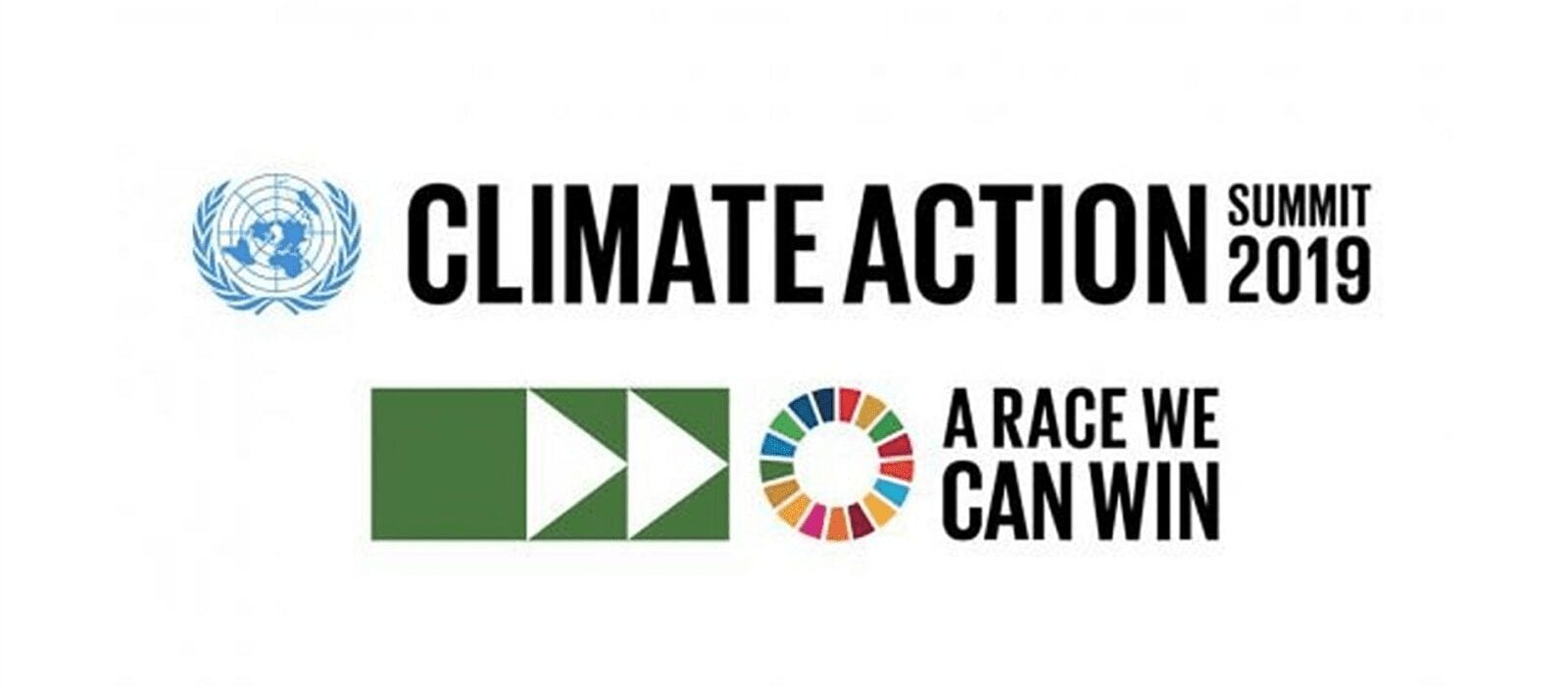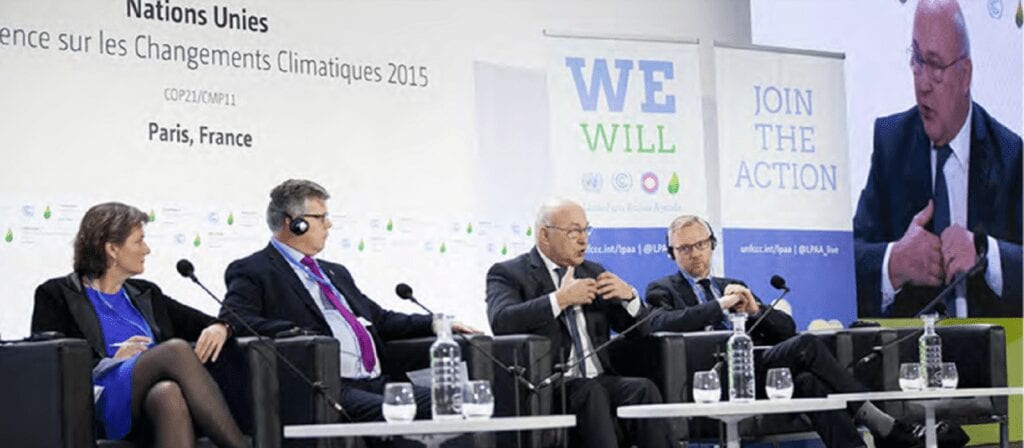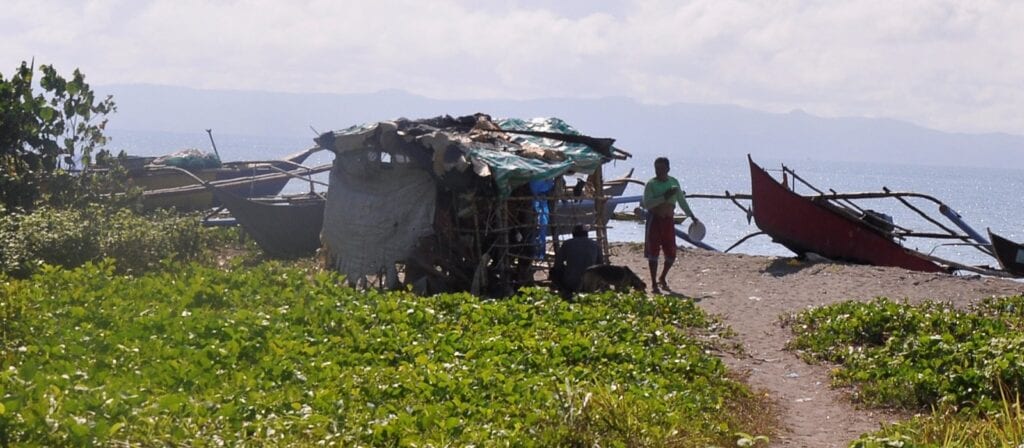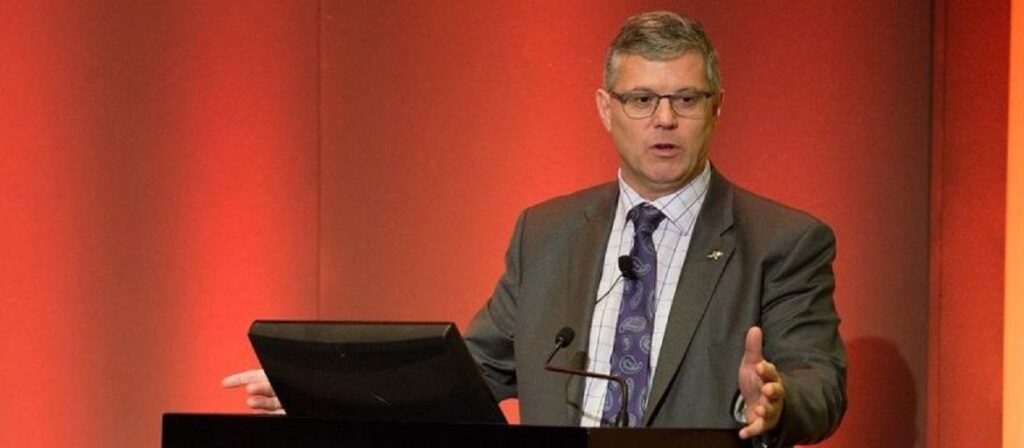The United Nations, Germany, the UK and the insurance industry yesterday (22 September 2019) announced a series of coordinated commitments aimed at increasing climate change resilience for the most vulnerable countries, on the eve of the UN Secretary General’s Climate Summit.
The organizations teaming up to make these commitments are the United Nations Development Program (UNDP), the German Federal Ministry for Economic Cooperation and Development (BMZ), the U.K. Department for International Development (DfID) and the Insurance Development Forum (IDF). Key delivery partnerships will build upon the already existing working-groups and alliances with the members of the Insurance Development Forum, the InsuResilience Global Partnership and the International Cooperative and Mutual Insurance Federation (ICMIF).
The commitments will contribute risk management expertise and capital to realize the Vision 2025 of the InsuResilience Global Partnership, which rallies global players towards a substantial scale-up in the use of pre-arranged risk finance and insurance mechanisms as part of global resilience and adaptation ambitions. It includes provision of cover against disaster and climate shocks to 500 million individuals, as well as an increase in the percentage of annual climate and disaster losses covered by risk finance and insurance.
“We stand at a pivotal moment in time with climate change causing more frequent; and more severe storms, floods and droughts,” said Achim Steiner, UNDP Administrator. “Our environment, water resources and biodiversity are under assault from pollution, warming oceans, rising sea levels and ever-increasing temperatures –insurance and risk financing are critical means to help properly tackle these issues. UNDP is committed to markedly increasing its risk financing and insurance portfolio, working across inclusive insurance, insurance investments and natural capital while mainstreaming the fundamentals of risk, and risk-financing into key development processes”.
The UNDP says it will drive country level change through a number of mechanisms:
- Implementation: Bringing UNDP’s experience to bear in mainstreaming issues of risk management in the development engagement with countries.
- Supporting regulatory and legal framework: Coordinating the development of best-practice regulation and legal frameworks to have in place to allow for better climate risk management and risk financing (significantly supported by industry).
This will include technical assistance to countries to integrate the analytical and climate risk modelling work, jointly between the countries and with the insurance industry, into countries’ critical development processes. These include their national development plans, regional plans, Nationally Determined Contributions, National Adaptation Plans, and more.
UNDP will also provide project management support and actively leverage its country offices as working partners with governments in support of the programme.
ICMIF and its members have a long history of working in the field of inclusive insurance and working to provide low-income and vulnerable communities with insurance protection.
In 2015, at the COP21 Conference, Shaun Tarbuck, Chief Executive, ICMIF announced the launch of the ICMIF 5-5-5 Mutual Microinsurance Strategy (the “5-5-5”) which aims to insure 5 million lives in five countries (Colombia, India, Kenya, the Philippines and Sri Lanka) over a period of five years. The ultimate objective being to take low-income people out of poverty.
Insurance for low-income populations, or microinsurance, is now firmly accepted as an integral tool for poverty alleviation and building resilience in communities against both natural and man-made disasters and particularly those that occur as a result of climate change.
Mutual microinsurance can specifically assist with United Nations 2030 Sustainable Development Goal (SDG) 13 CLIMATE ACTION due to the fact that the target communities of the 5-5-5 Strategy are some of the most vulnerable to climate change.
Latest data from ICMIF shows that since the 5-5-5 Strategy commenced in 2016, 1.7 million mutual microinsurance policies have been issued through the Strategy, which is estimated to equate to 8.5 million people now covered by mutual microinsurance. These individuals now have an insurance “safety net” to protect their livelihoods and prevent them from slipping into poverty if they are faced with unexpected risks.
Speaking on behalf of ICMIF, Chief Executive Shaun Tarbuck said: “’It is five years to the day that I and other insurance leaders first spoke on the topic of the importance of insurance at the UN General Assembly in New York. At that time insurance wasn’t on the radar of global policymakers, now it is seen as an integral part of the solution to deliver the UN2030 Agenda. We have certainly come a long way in the last five years and the IDF has provided a voice for the industry and our new partners in governments and the UN to channel our efforts. We at ICMIF are pleased to have played a role this exciting new public, private and mutual partnership helping to make this a better world.”






